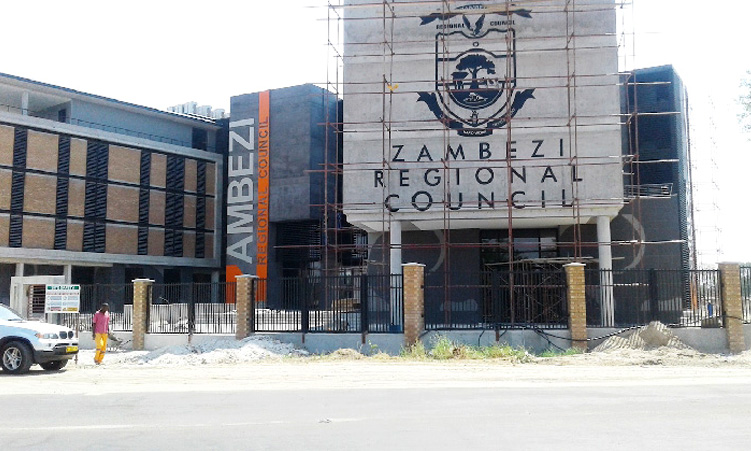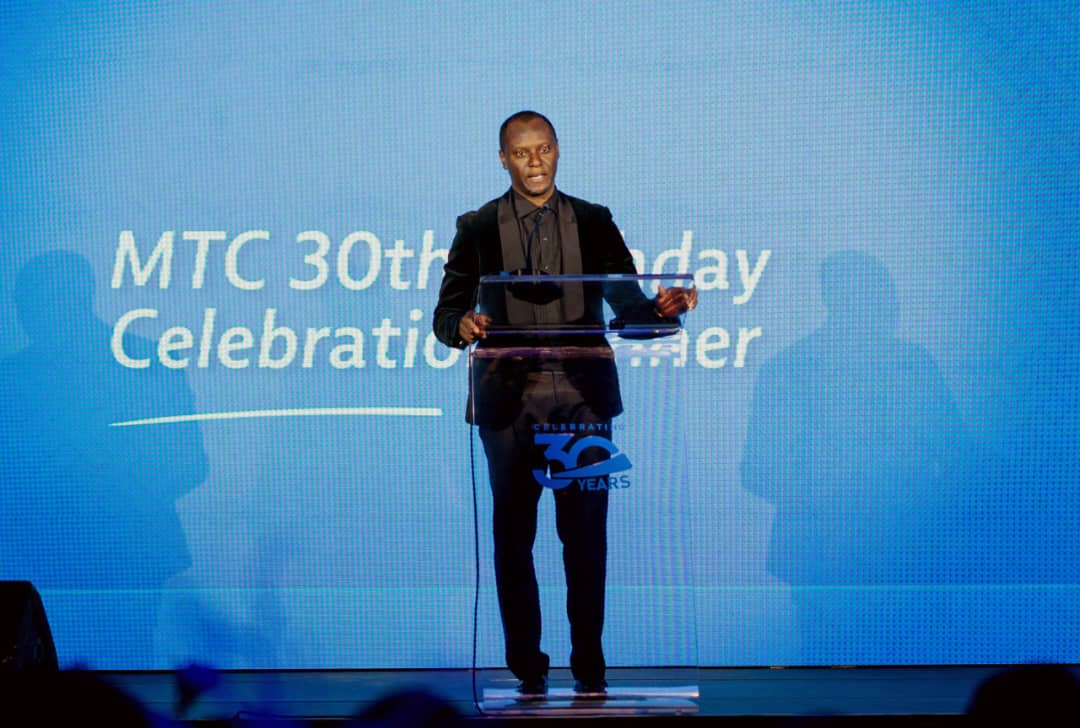A LEARNING laboratory researching an innovative way to tackle the problem of poverty from a business perspective is to be launched at the Polytechnic of Namibia.
The so-called Bottom of the Pyramid (BoP) learning lab will look into methods of advancing entrepreneurship in poor communities.
Among other things, the lab will identify local entrepreneurs worthy of supporting and will look to facilitate their development with skills and resources.
The BoP approach focuses on ‘wealth creation rather than poverty alleviation’ according to the Rector of the Polytech, Dr Tjama Tjivikua.
This means instead of simply delivering handouts or addressing the basic needs of the poor, the BoP approach looks to give appropriate support for the needy to pull themselves out of poverty.
Mokheti Moshoeshoe, President of CIVA Innovation Management and the Manager of the BoP programme in South Africa, said this new approach was based on a shift in thinking about the capacities of poor people.
He said ‘anyone who manages to survive on $1,25 a day is very smart’ referring to the basic income of the most marginalised people in the world.
The question then becomes ‘how to empower the poor’, Moshoeshoe said.
He said part of the strategy needs to be ‘creating enterprises for the poor’ to uplift themselves.
Moshoeshoe argued that poverty is by far the biggest problem facing the world today.
‘Poverty has killed more people than any war,’ he asserted at a consultative meeting held on the topic of the BoP approach at the Polytech.
A learning lab has already been implemented at other academic institutions such as the University of Stellenbosch, with positive results.
Professor Wolfgang Thomas, a lecturer from Stellenbosch, related how there had been some success at the centre liaising with big firms willing to engage with people at the micro level.
For example, he cited the success of new micro-loan implemented by First National Bank to emerging farmers as an outcome of this co-operation.
Stay informed with The Namibian – your source for credible journalism. Get in-depth reporting and opinions for
only N$85 a month. Invest in journalism, invest in democracy –
Subscribe Now!










